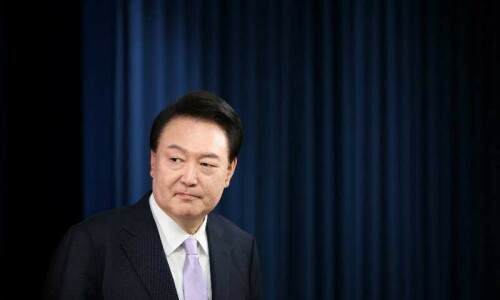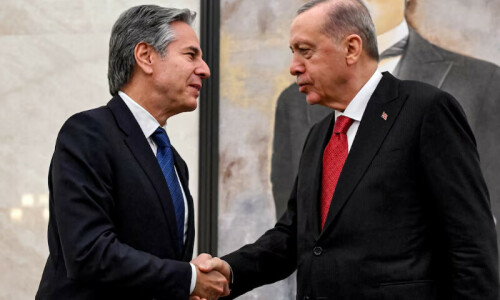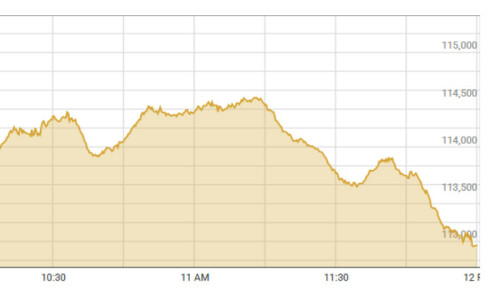BAIDOA (Somalia), Dec 29: Somali President Abdullahi Yusuf resigned on Monday, ending a deadlock at the top of the fractured government and opening the door for a new administration in the anarchic Horn of Africa nation.
The western-backed government headed by Yusuf for the past four years has failed to bring order and security to a country pummelled by violence since a dictator was ousted in 1991.
Somali gunmen control southern Somalia and are camped on the fringes of the capital Mogadishu. The government and its Ethiopian military backers have only Mogadishu and Baidoa, the seat of parliament, while feuding warlords hold sway elsewhere.
Rifts between Yusuf and Prime Minister Nur Hassan Hussein over the composition of the government and a UN-hosted peace process had pushed the administration to the brink of collapse -- just as Ethiopia is planning to pull out its soldiers.
The instability onshore has fuelled rampant piracy in the busy shipping lanes off the coast of the Horn of Africa nation and sent foreign navies rushing to patrol the key trade routes.
“As I promised when you elected me on October 14, 2004, I would stand down if I failed to fulfil my duty, I have decided to return the responsibility you gave me,” Yusuf said.
Parliament speaker Sheikh Aden Madobe became interim president in line with the constitution and elections are due within 30 days. Madobe told journalists in Baidoa he would step aside as soon as there is a new president.
“A new page of Somalia history is now open,” said Ahmedou Ould-Abdallah, the UN’s special envoy to Somalia, calling on all Somalis to support Yusuf in his “patriotic and courageous decision”.
“I also invite them to take this opportunity to rise above their differences. Time is for unity and solidarity,” Abdallah said in a statement.
The international community is pushing the various political factions in Somalia to end their feuding and unite in a broad government which can work for peace after 17 years of fighting.
Madobe said the government would talk with “any opposition group”. Prime Minister Hussein said it was “a positive step for democracy”.
Analysts say Yusuf’s departure coupled with the planned withdrawal of Ethiopian soldiers is a window of opportunity to bring Somali militant groups into the political fold. But if this fails, another violent chapter beckons for Somalia.—Reuters














































Dear visitor, the comments section is undergoing an overhaul and will return soon.